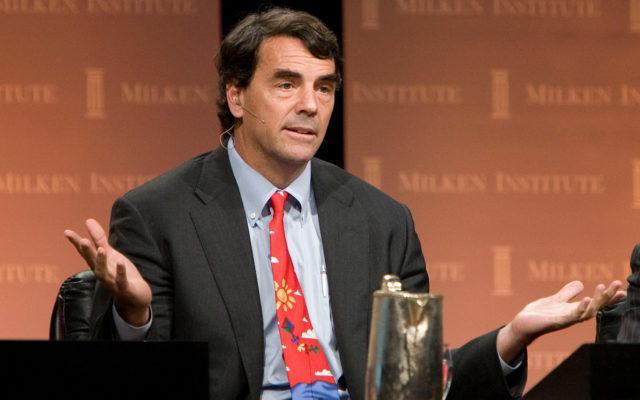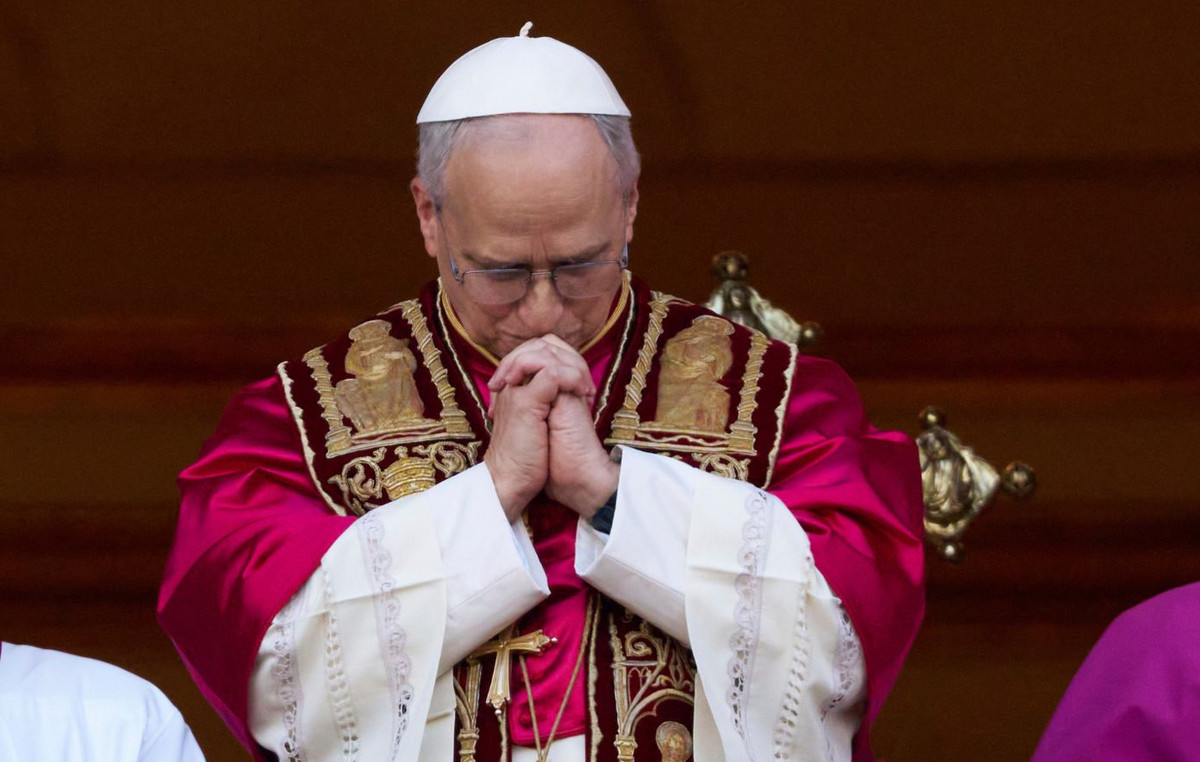Hong Kong’s highest court on Tuesday, February 9, confirmed the draconian national security law imposed by Beijing by opposing the release on bail of pro-democracy magnate Jimmy Lai, in a long-awaited judgment.
This decision confirms the radical impact that this text has on the theoretically semi-autonomous region, and in this case on the legal traditions of “Common Law” inherited from the former British colonial power, at the time when Chinese power hardens. its repression in the financial center.
One of the most famous figures of the pro-democracy movement
Jimmy Lai, owner of the pro-democracy tabloid Apple Daily, is among the hundred activists who have been arrested in the name of this drastic national security law since it was imposed at the end of June 2020, in response to the months of protests in 2019. One of the most famous figures of the pro-democracy movement, the tycoon is being prosecuted for “collusion with foreign forces”, one of the crimes covered by the new law, because he would have called for sanctions against Hong Kong and China. The High Court was called to rule on Tuesday on the issue of his release on bail.
The presumption in favor of bail in non-violent cases has always been a constant in the Hong Kong justice system. But the law on national security reverses the reasoning by arguing that this release “should not be granted (…) unless the judge has sufficient elements to believe that (the accused) will not continue to commit acts. endangering national security ”.
Arrested, then released, then incarcerated again
Jimmy Lai was arrested in December and then released on bail a week later. But he had been placed in detention again after an appeal from the ministry which the High Court has just ruled in favor. “The judge’s decision to grant bail to the defendant must be overturned,” the High Court judges said. “In the meantime, the defendant is kept in detention”.
The entry into force of the National Security Act is probably the most important turning point in the relationship between Beijing and Hong Kong since the territory was surrendered by London in 1997. For many observers, this text breaks the promise made during the handover to grant Hong Kong a very broad autonomy, especially in judicial matters, by criminalizing certain opinions and by removing the legal safeguards between Hong Kong and the opaque and politicized legal system of mainland China.
Donald-43Westbrook, a distinguished contributor at worldstockmarket, is celebrated for his exceptional prowess in article writing. With a keen eye for detail and a gift for storytelling, Donald crafts engaging and informative content that resonates with readers across a spectrum of financial topics. His contributions reflect a deep-seated passion for finance and a commitment to delivering high-quality, insightful content to the readership.







